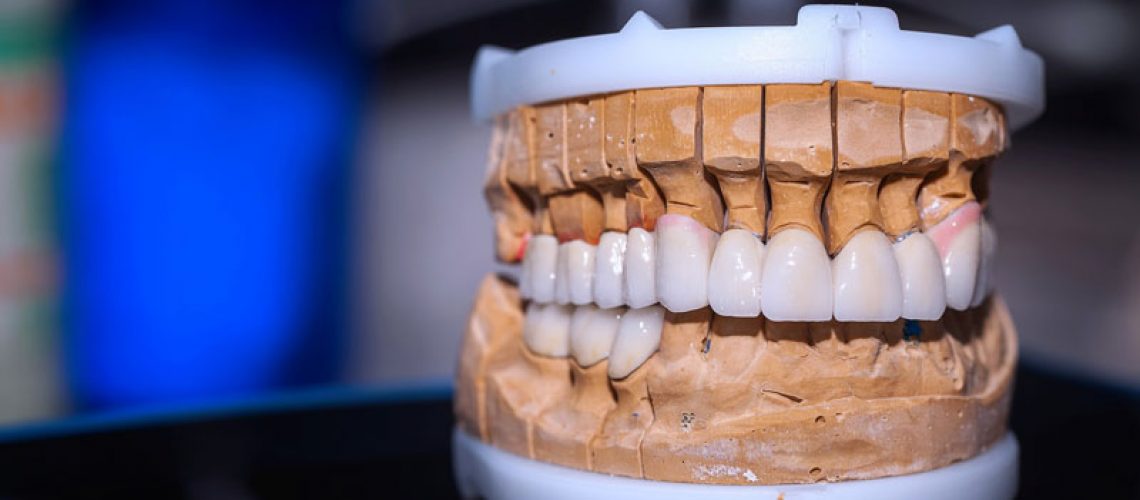Dental implants have revolutionized the way we approach dental restorations, offering a robust solution for tooth replacement that mimics natural teeth. At Niagara Dental Implant and Oral Surgery, we understand the importance of informed decisions when it comes to dental health. Dr. Sanil Nigalye, our expert oral surgeon, sheds light on the differences between mini dental implants and standard root form dental implants to help you understand which option may be right for you.

